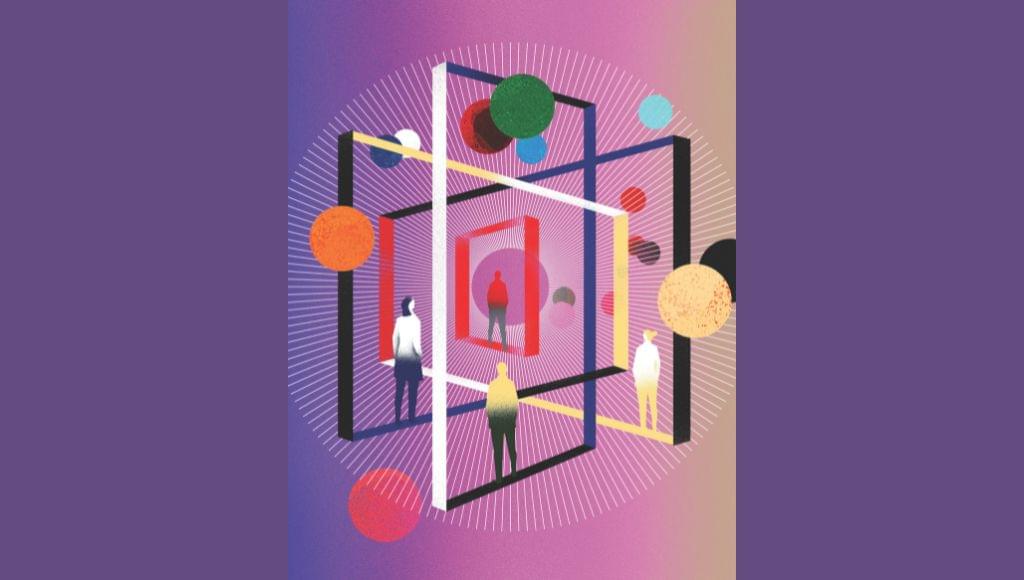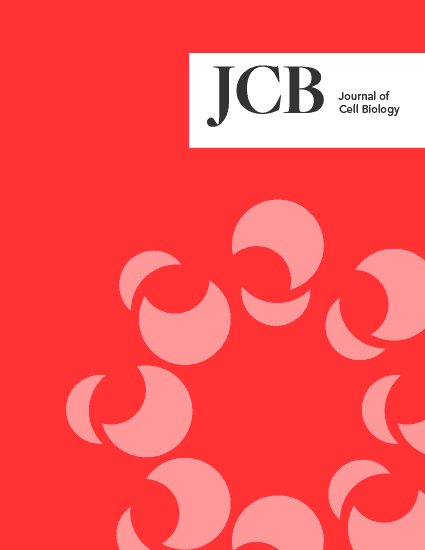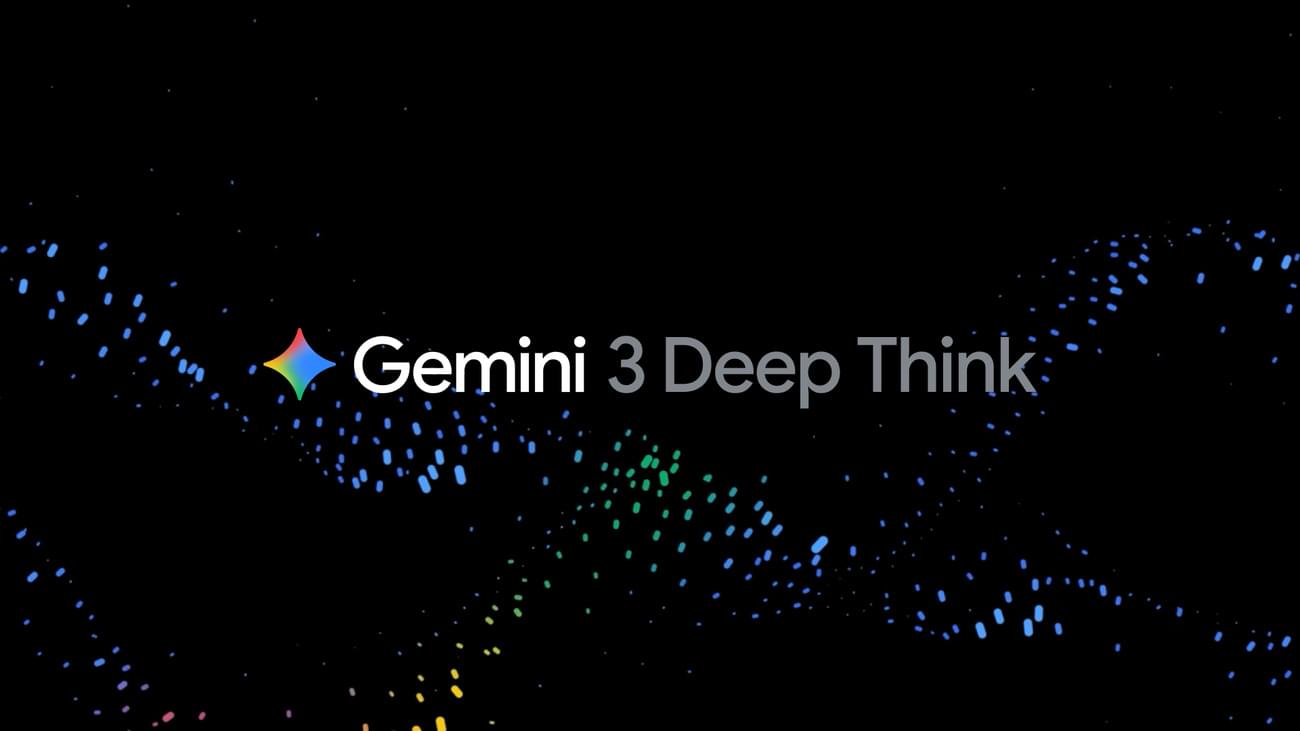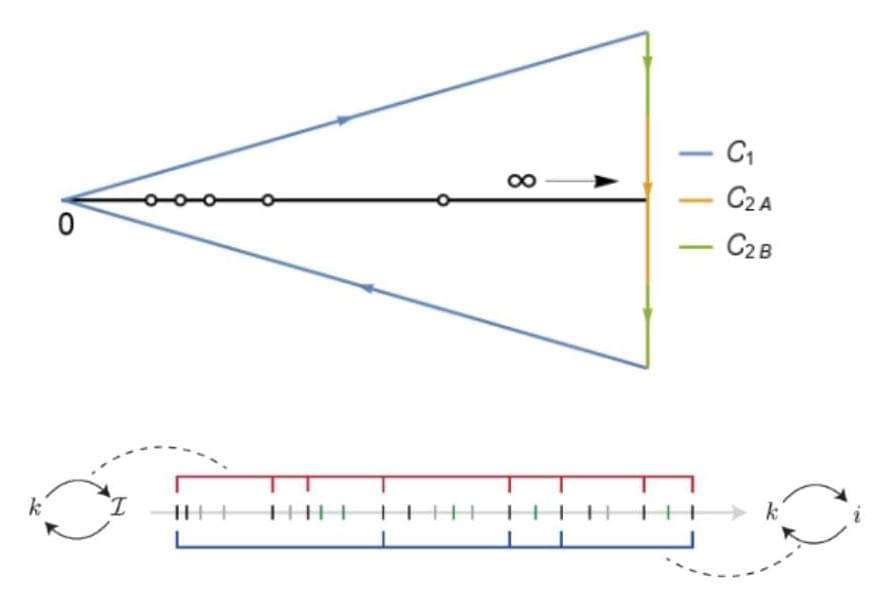Though its impact may be years away, research uncovering biological principles can lead to medical insights. We share some recent discoveries.



Accessible minimal requirements for reproducible light microscopy. This viewpoint from Paula Montero Llopis, Chloë van Oostende-Triplet, the QUAREP-LiMi consortium and colleagues presents a community-endorsed checklist defining minimal light microscopy metadata to improve rigor, reproducibility, and transparency in research.
This website uses a security service to protect against malicious bots. This page is displayed while the website verifies you are not a bot.


Today, we’re releasing a major upgrade to Gemini 3 Deep Think, our specialized reasoning mode, built to push the frontier of intelligence and solve modern challenges across science, research, and engineering.
We updated Gemini 3 Deep Think in close partnership with scientists and researchers to tackle tough research challenges — where problems often lack clear guardrails or a single correct solution and data is often messy or incomplete. By blending deep scientific knowledge with everyday engineering utility, Deep Think moves beyond abstract theory to drive practical applications.
The new Deep Think is now available in the Gemini app for Google AI Ultra subscribers and, for the first time, we’re also making Deep Think available via the Gemini API to select researchers, engineers and enterprises. Express interest in early access here.
What happens to soft matter when gravity disappears? To answer this, UvA physicists launched a fluid dynamics experiment on a sounding rocket. The suborbital rocket reached an altitude of 267 km before falling back to Earth, providing six minutes of weightlessness.
In these six minutes, the researchers 3D-printed large droplets of a soft material similar to the inks used for bioprinting —a developing technology that shows huge potential for regenerative and personalized medicine, tissue engineering and cosmetics. Bioprinting involves 3D-printing a mix of cells and bio-inks or bio-materials in a desired shape, often to construct living tissues.
The experiment was called COLORS (COmplex fluids in LOw gravity: directly observing Residual Stresses). Using a special optical set-up, the researchers could see where the printed material experienced internal stresses (forces) as the droplets spread and merged. Stressed regions stand out as bright colors in the experiment. Investigating how and where these stresses emerge is important because they can get frozen in a material as it solidifies, creating weak points where 3D-printed objects are most likely to break.

This course covers elementary discrete mathematics for computer science and engineering. It emphasizes mathematical definitions and proofs as well as applicable methods. Topics include formal logic notation, proof methods; induction, well-ordering; sets, relations; elementary graph theory; integer congruences; asymptotic notation and growth of functions; permutations and combinations, counting principles; discrete probability. Further selected topics may also be covered, such as recursive definition and structural induction; state machines and invariants; recurrences; generating functions.


Olympic skiers, bobsledders and speed skaters all have to master one critical moment: when to start. As athletes prepare for the upcoming Winter Olympics, that split second is in the spotlight because when everyone is fast, strong and skilled, a moment of hesitation can separate gold from silver. Research from Carnegie Mellon University helps explain why that split-second pause happens and how the brain controls it, offering insight not only into elite athletic performance, but also how people make everyday decisions when the outcome isn’t clear.
Eric Yttri, associate professor of biological sciences, wanted to study how the brain decides when to act and when to wait, especially when the outcome is uncertain. He said to think about the moment the puck drops at a heated rivalry hockey game.
“Move too early, you get ejected from the faceoff. Move too late, and the puck is already gone. Having that sort of fine control on your ability to delay your action is really key,” Yttri said. “It’s a sword that cuts both ways.”

Berkeley researchers have developed a proven mathematical framework for the compression of large reversible Markov chains—probabilistic models used to describe how systems change over time, such as proteins folding for drug discovery, molecular reactions for materials science, or AI algorithms making decisions—while preserving their output probabilities (likelihoods of events) and spectral properties (key dynamical patterns that govern the system’s long-term behavior).
While describing the dynamics of ubiquitous physical systems, Markov chains also allow for rich theoretical and computational investigation. By exploiting the special mathematical structure behind these dynamics, the researchers’ new theory delivers models that are quicker to compute, equally accurate, and easier to interpret, enabling scientists to efficiently explore and understand complex systems. This advance sets a new benchmark for efficient simulation, opening the door to scientific explorations once thought computationally out of reach.
Background.
